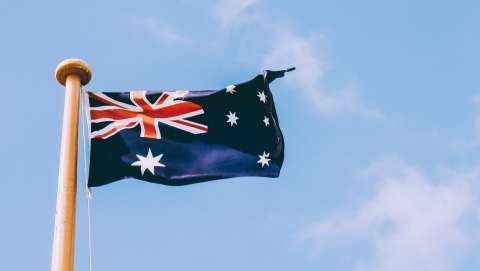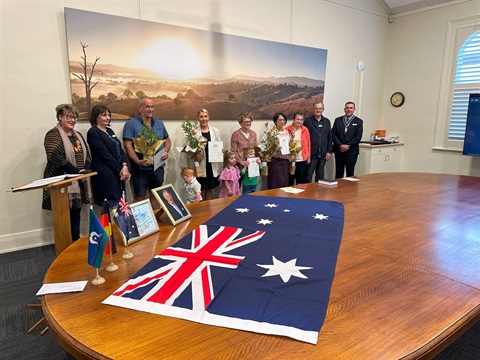People with disability, support and community health workers, emergency service volunteers and professionals attended a day-long workshop in Tweed Heads today, designed to improve inclusive emergency management in the region.
Tweed Shire Council proudly hosted the Disability Inclusive Emergency Planning workshop as part of a national research study being conducted by The University of Sydney.
The workshop explored a range of people-centred approaches to emergency management, including:
factors that increase risks for people with disability in emergencies
strategies to reduce risk and increase the resilience of people with disability to disaster
local community assets that can be shared before, during and after an emergency to help keep people safe.
Chief investigator, Associate Professor Michelle Villeneuve from the Centre for Disability Research and Policy at The University of Sydney, said it was crucial any new, inclusive policy and processes for emergency management are informed by people living with disability, their carers and local emergency service providers.
“We want to learn from people’s lived experiences and knowledge to make future emergency management more inclusive of people living with disability,” Associate Professor Michelle Villeneuve said.
“By sharing information, we also learn more about how to tailor emergency preparedness planning for the various support needs of people living with disability.”
Deputy Mayor of Tweed Shire Meredith Dennis, who opened today’s workshop, said the event provided an opportunity to better understand the lived experience of people with disability during an emergency.
“Building resilience in our community is essential for us to move forward with confidence, knowing we are better prepared for any future emergency events,” Cr Dennis said.
“This workshop provides an important opportunity to learn from the devastating experiences of last year’s record flooding events, to listen to and better understand the needs of people with disability who are among our most vulnerable in the community.”
Based on national data from the 2021 Census, it is estimated more than 17,200 people in the Tweed live with diverse abilities.
The Census further showed more than 7,200 people (or 7.4% of the Tweed’s population) reported needing help with core activities due to disability, health condition, or old age. This compares to 5.8% across NSW.
Furthermore, one in three or 34% of people living in the Tweed are over 60 years old. This compares with 24% for the rest of NSW. Older people are more likely to have a disability or experience a limitation, condition or impairment due to ageing.
The event in Tweed Heads is one of 10 events led by The University of Sydney’s research team. It also provided a chance for people with disability to make connections with others in the Tweed community who are interested in inclusive emergency management.
Assoc Professor Villeneuve said recent catastrophic flood events in NSW and Victoria showed more may need to be done to identify the unique obstacles, traumas and support required by people living with disability in a disaster event, and to hone the strategies and roles of government and emergency services in meeting these needs.
The workshop was funded with support from the NSW Government. A report summarising these and other discussions from similar workshops in NSW, Queensland and Victoria will eventually be made available to participants and municipal and state emergency managers to better include people with disability in emergency planning, management and responses.
“What we learn from participants at today’s workshop will be used to help make recommendations to improve inclusive emergency management planning at local and state levels. The recommendations will culminate in NSW’s first framework for disability inclusive disaster risk reduction (DIDRR) to be released later in 2023,” Associate Professor Michelle Villeneuve said.
It’s also hoped the workshop will help participants and others in the community living with disability, prepare at home for future emergencies. A take-home, person-centred emergency preparedness workbook was handed to participants as a take-home toolkit for emergency preparedness.
An online version of the workbook is available at collaborating4inclusion.org/pcep.
Tweed participants were invited to enrol in the Person-Centred Emergency Preparedness (P-CEP) certificate – a first interdisciplinary training program for inclusive disaster risk reduction. Visit collaborating4inclusion.org/leave-nobody-behind/pcep-short-course/.
The workshop forms part of efforts by Council to engage with people in the community and understand their experiences. Council is in the process of drafting a new Tweed Access and Inclusion Plan (Disability Inclusion Action Plan or DIAP). This will be the Tweed’s third DIAP, replacing earlier versions adopted in 2014 and 2018.








